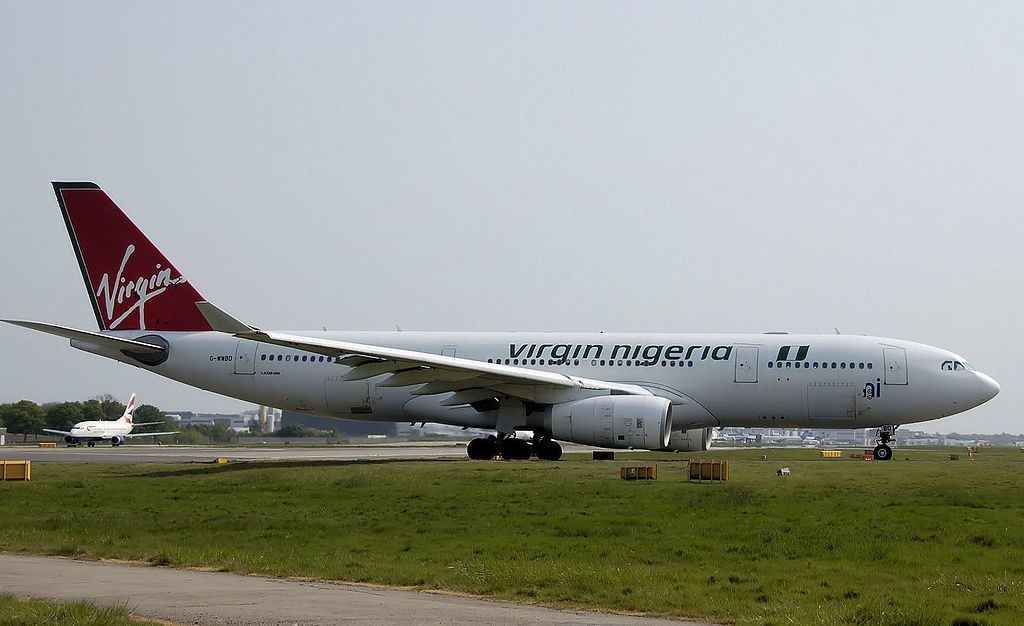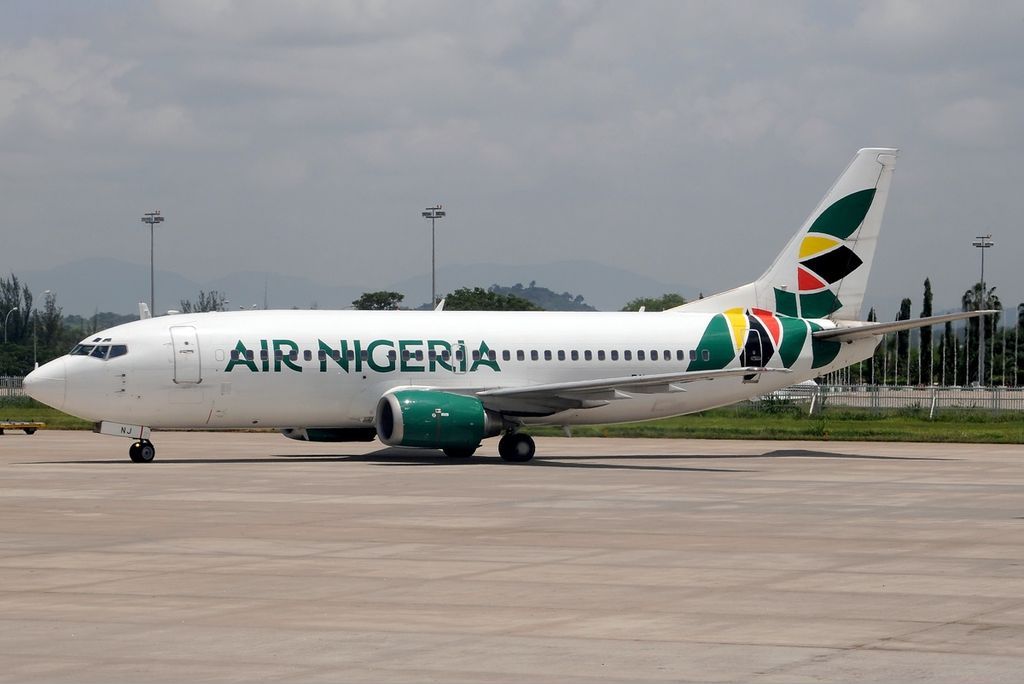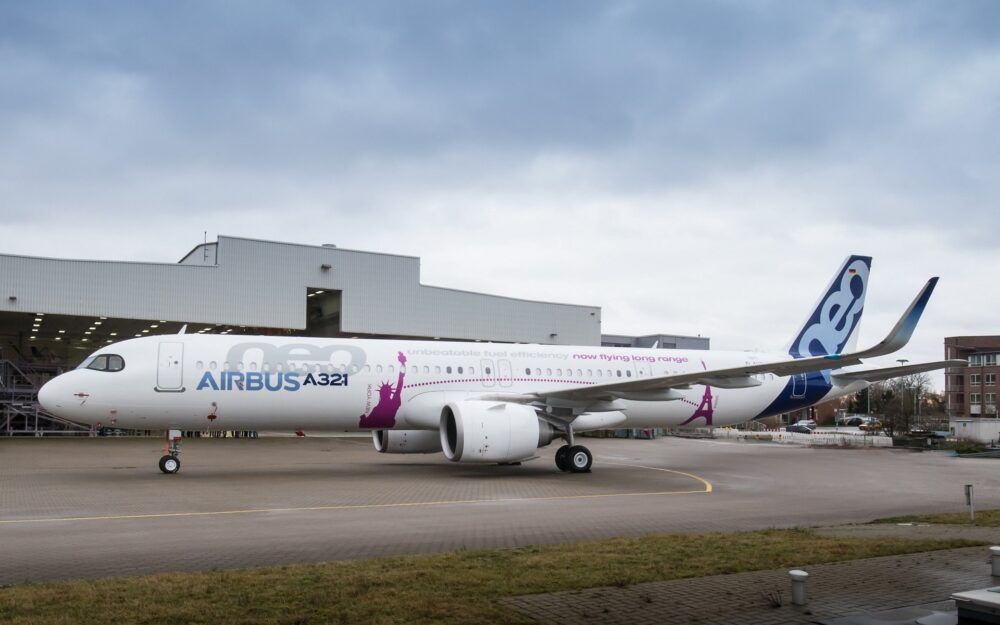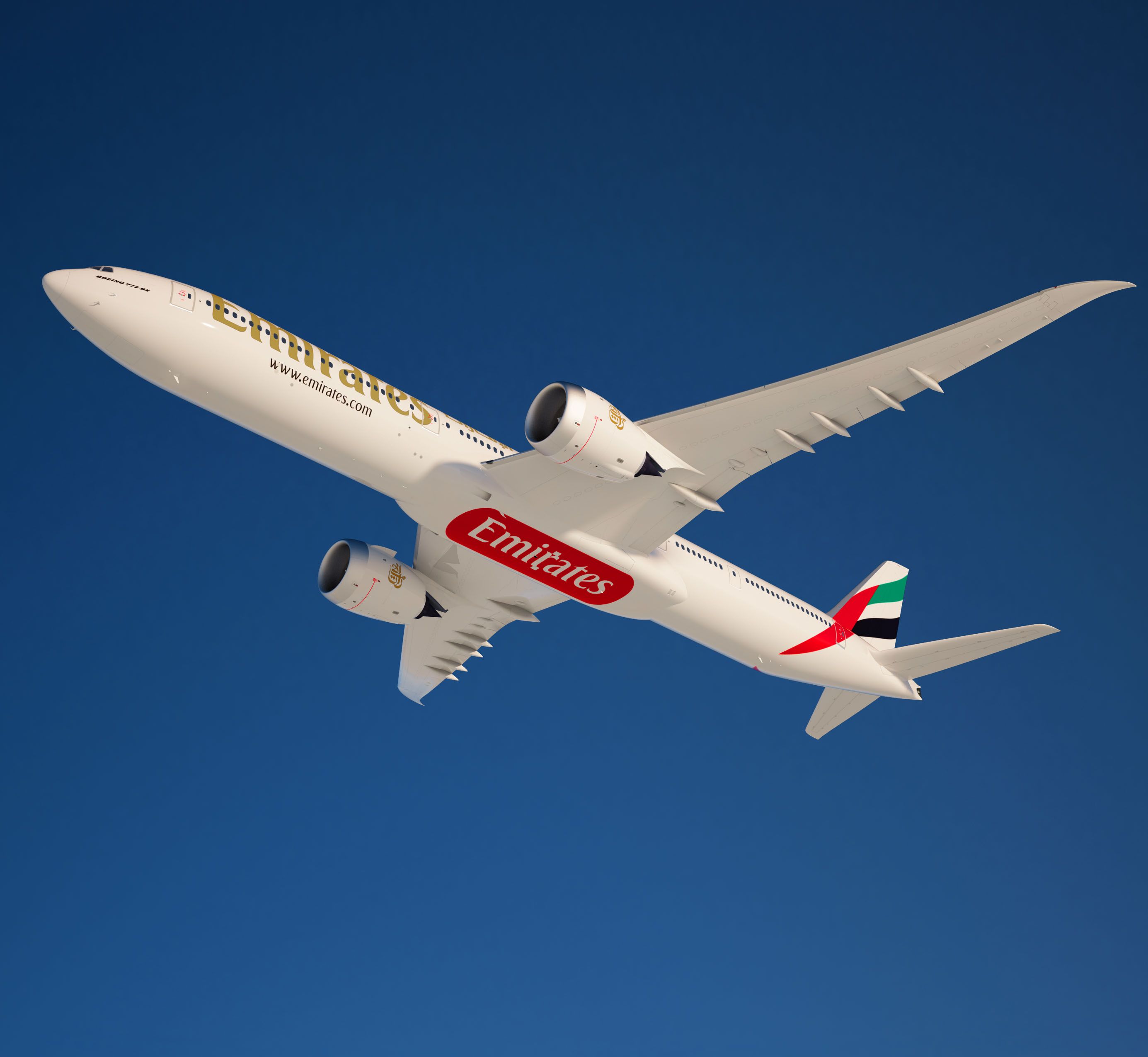Nigeria, the West African nation, will soon have a new national airline. Nigeria Air is due to make its first scheduled flight by the middle of 2022. Let's take a look at the planned airline, its operations, and investigate how it intends to transform commercial aviation throughout Nigeria and beyond.
A new Nigerian national carrier
Nigeria is once again working towards having a national carrier. After years of private airlines operating domestic and international routes from the country keeping the seat warm until the Nigerian government got its plans together, the government is now at full throttle to launch a new national airline.
Nigeria's current leader, President Muhammadu Buhari, is eager to see his country establish a national carrier before the end of his administration on May 29th, 2023. The new carrier is to be known as Nigeria Air and is due to commence operations by the middle of this year.
In November 2021, Nigeria's Minister of Aviation, Hadi Sirika, announced that Nigeria Air would launch in April 2022 after the Federal Executive Council (FEC) gave its approval. However, the date was subsequently pushed back following the emergence of the Omicron variant of COVID-19 in the latter stages of 2021.
A 'Presidential Aviation Roadmap' was launched in 2015 to promote development in Nigerian aviation. Along with a new national carrier, this plan aimed to develop airports, set up a new Maintenance, Repair, and Overhaul (MRO) facility, a nationwide leasing company, and other initiatives.
The Nigerian government has not owned a national airline since 2003, when Nigeria Airways ceased trading. Air Nigeria, a successor of sorts, was established in 2004, shortly after the demise of Nigeria Airways, to take its place. Air Nigeria resulted from a joint venture between the Virgin Group of the United Kingdom and a team of Nigerian investors and operated under the Virgin Nigeria brand. Following the termination of the agreement with Virgin, Air Nigeria flew in its own colors until it ceased operations in 2012.
Nigeria Air - What's the latest?
Speaking this week at the World Government Summit at Dubai Expo 2022, Nigeria's Minister of Aviation, Senator Hadi Sirika, insisted that the planned national carrier would be private-sector driven, with the federal government holding just a 5% stake. The minister was keen to announce that private owners would be permitted to hold the remaining 95% share in the new airline, with a core, currently unnamed investor owning 49% of this share.
During his presentation, Mr. Sirika informed those in attendance that aviation remains the fastest growing sector of the nation's economy since the COVID-19 lockdown and described the country as the "best place for airline business in Africa" as the population has a high propensity to travel along with the necessary disposable income to do so.
He pointed out that international carriers jostle to operate on Nigerian routes and demand multiple entry points because of the country's high traffic demand. He stressed that the present administration has succeeded in expanding the nation's airport capacity to 50 million passengers per annum.
Mr. Sirika, commenting specifically on the latest plans for the new carrier, stated,
"The new airline will be 100% privately run, with no government control, no membership on the board, and committed to the private sector. What we said back in 2016, we are doing. Emirates, Qatar Airways, and others are looking to Nigeria for multiple frequencies and multiple landing points. But Nigeria is the best candidate to provide airline business in Nigeria because Nigerian people want to travel."
Mr. Sirika recalled that when he became Minister for Aviation in 2015, he was committed to establishing the roadmap to form a national carrier. Commenting specifically on why a national carrier is essential for his country, Mr. Sirika stated,
"The country is situated at the center of Africa, equidistant from all locations in Africa. If Central and Eastern Africa is the belt of the continent, then Nigeria is the buckle. With 200 million people and a rising middle class, the propensity to fly is high. That's why Nigeria is a candidate for a national carrier."
What we know so far
- The Ministry of Aviation has applied to the Nigerian Civil Aviation Authority for a grant of an Air Transport License for Nigeria Air Limited to operate scheduled and non-scheduled passenger and cargo services within and outside Nigeria.
- Earlier this month, the Federal Government of Nigeria announced a request for proposals to establish a national carrier.
- The government has made it clear that private sector companies are expected to control the new airline with a maximum of 49% of shares in private ownership, Nigerian financial and institutional investors holding 46% of the shares, with the Nigerian government taking the remaining 5% as required by Nigerian federal laws concerning a national carrier.
According to ch-aviation, the Nigerian government recently commended discussions with Airbus and Boeing to acquire the first three single-aisle aircraft for Nigeria Air. According to local media reports in Nigeria, a request for proposals (RFP) was issued to the aircraft manufacturers at the start of this month. That document proposed a launch date of June 2022 for the airline, with long-haul operations proposed to start two years later. The airline plans to increase its fleet to 30 aircraft within five years.
The airline has already chosen Abuja as the location for its headquarters. It has apparently already appointed individuals into the key roles of managing director, project manager, chief financial officer, chief commercial officer, and operations manager.
The market analysis for Nigeria Air has identified 41 routes to be served from Abuja (30 of which are currently unserved), along with 44 from Lagos. The proposal is for ten domestic routes to be served with single-aisle narrow-bodied aircraft, 20 international, regional routes also served with narrow-bodies, and 11 international long-haul routes served with wide-bodied aircraft.
Potential involvement from Emirates?
Given the rapid increase in demand for air travel in recent times, there has been much speculation over the past few months regarding the involvement of a foreign airline to oversee the formation of the new national airline in Nigeria. Qatar Airways was in the frame for a while as a potential investor, although it has firmly denied having any intention to be involved with Nigeria Air.
However, speaking alongside Mr Sirika at a forum to discuss the future of aviation at the Dubai Expo event, Tim Clark, President of Emirates, said that if the minister needed some assistance in formulating a blueprint for the national carrier, Emirates would be very happy to help in collaborating on the project.
Commenting on Nigeria's aspirations for a new national carrier, Tim Clark said,
There is an enormous business case for a national carrier for Nigeria. Nigerians are seeking to travel all over the world. Nigeria is a powerhouse in Africa. We are very interested in flying there because it is a rich nation in terms of demand for services,"
It will be interesting to watch the development of this new national airline for Nigeria. Given that timelines are already relatively short, will Nigeria Air take to the skies by June of this year as planned? Only time will tell.
What do you think of the plans for Nigeria Air? Do you believe that Nigeria really needs a national carrier? Let us have your thoughts in the comments.

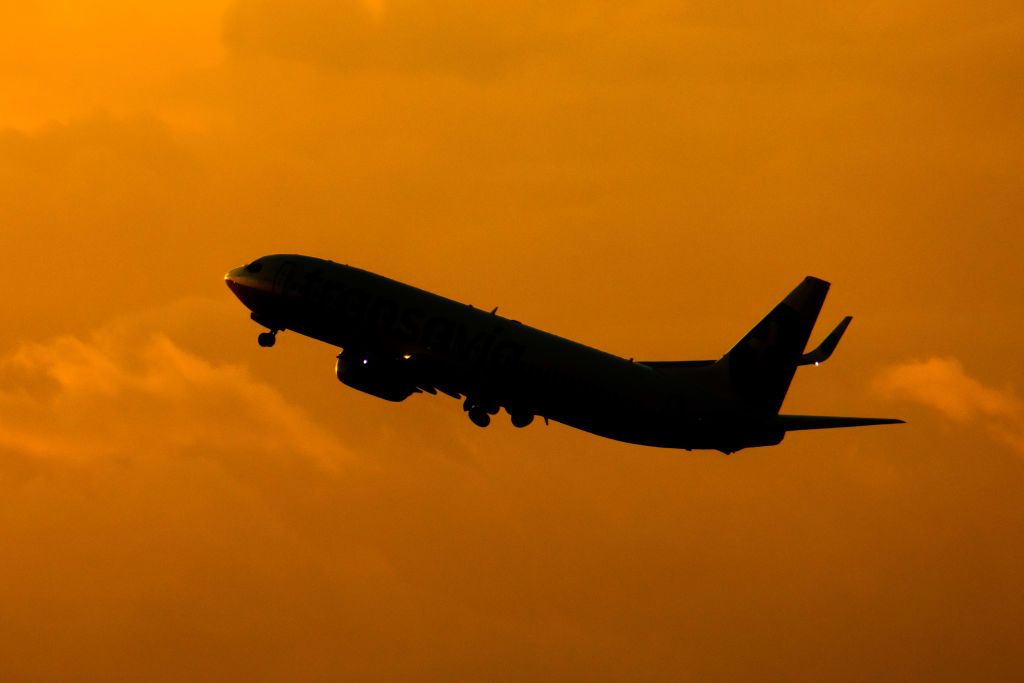
_Dublin_February_1993_(03).jpg)
